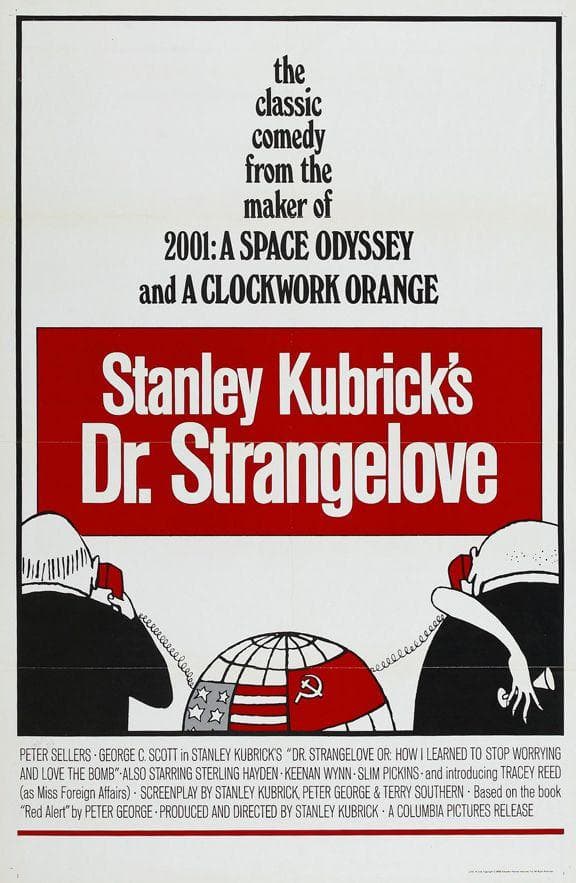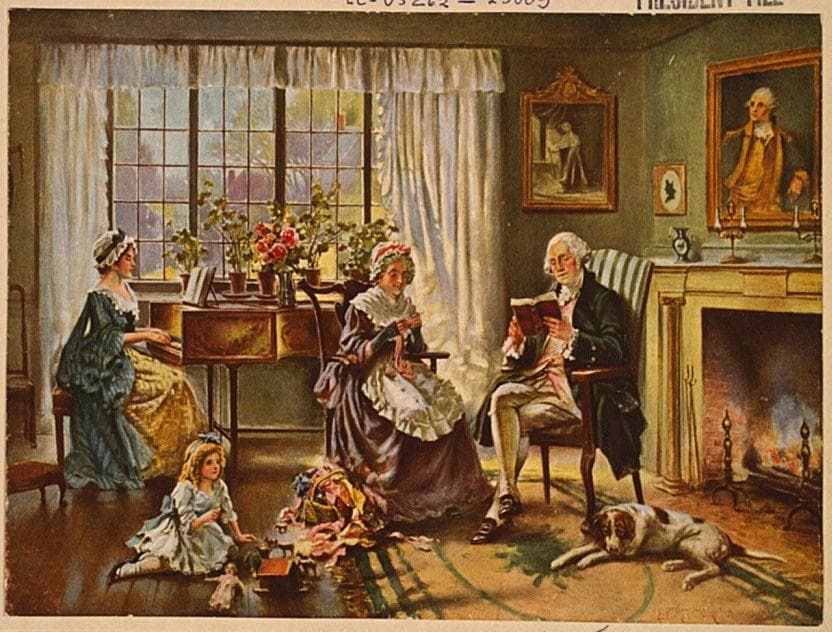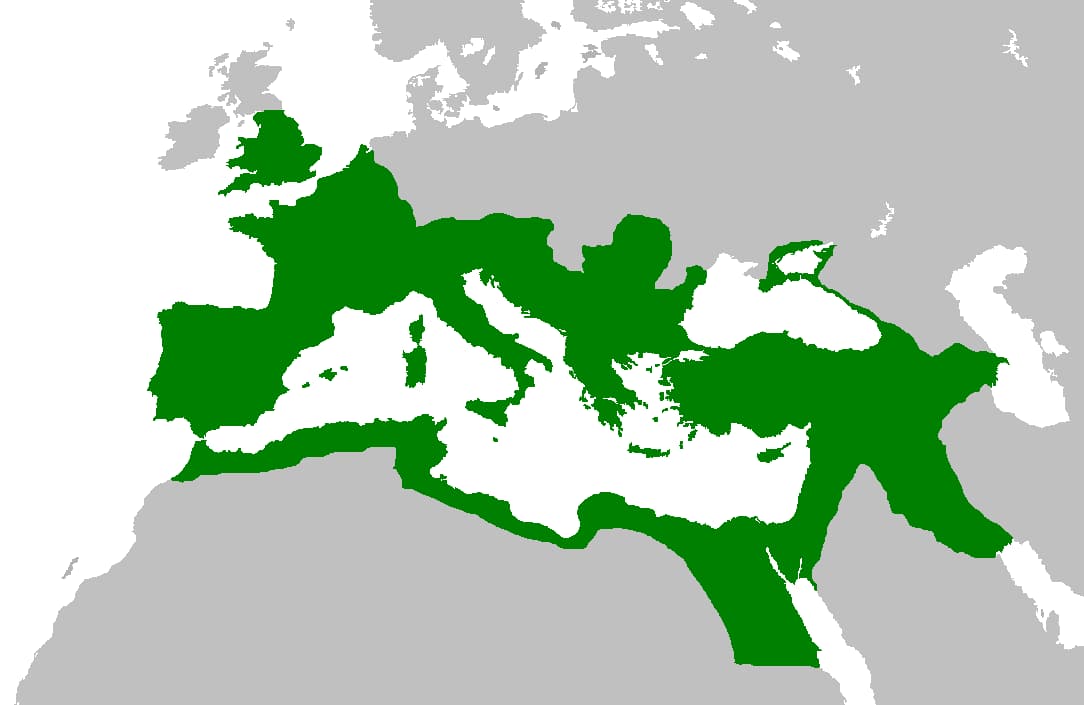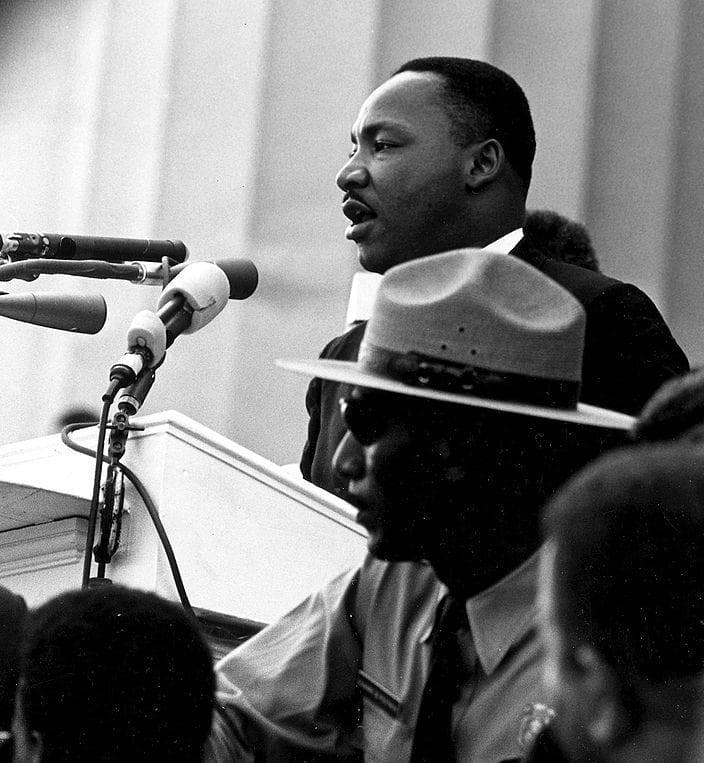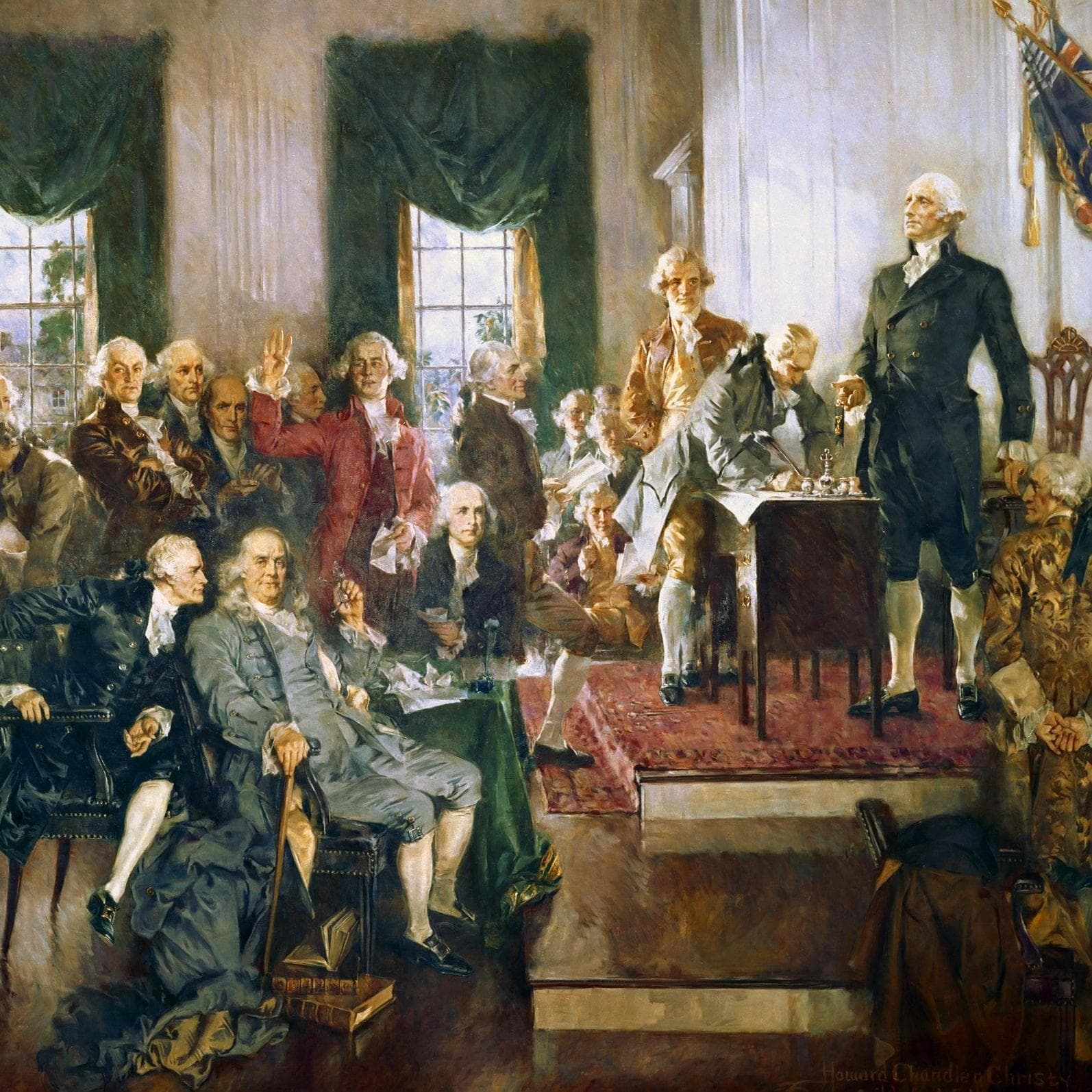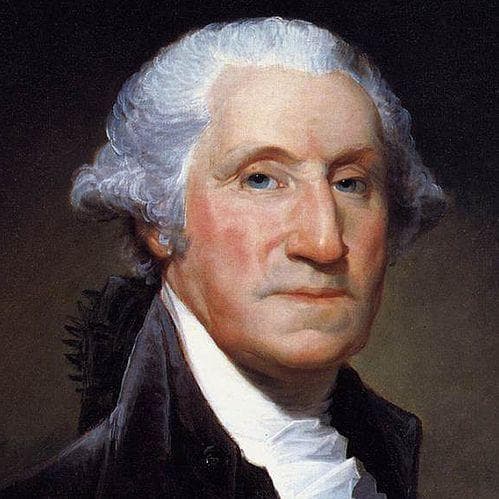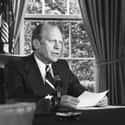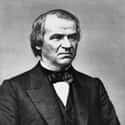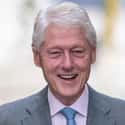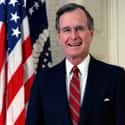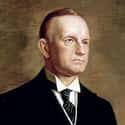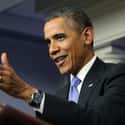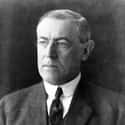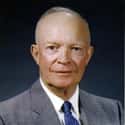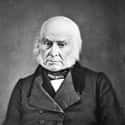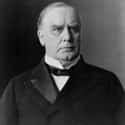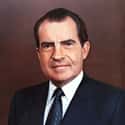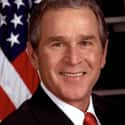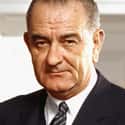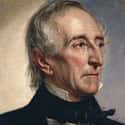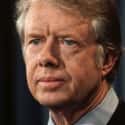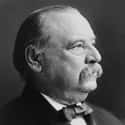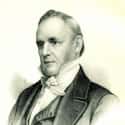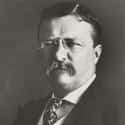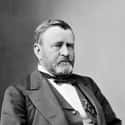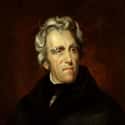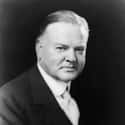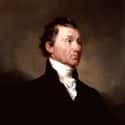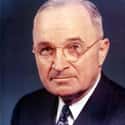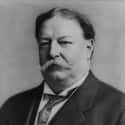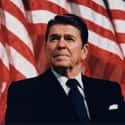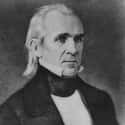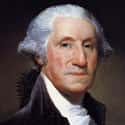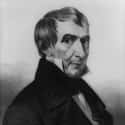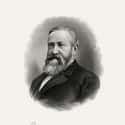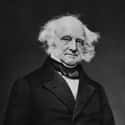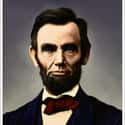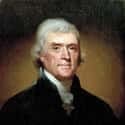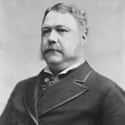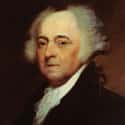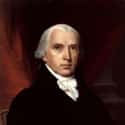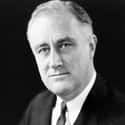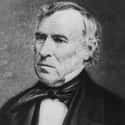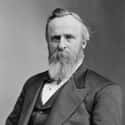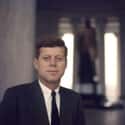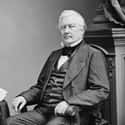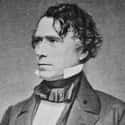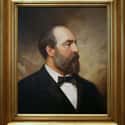-
(#1) Gerald Ford
- Dec. at 93 (1913-2006)
Hands down Gerald Ford's most controversial pardon was that of Richard Nixon. The former president received a full, unconditional pardon for his role in the Watergate Scandal, which resulted in his resignation. Nixon is the only former president to receive a pardon.
Source -
(#2) Andrew Johnson
- Dec. at 67 (1808-1875)
Dr. Samuel Mudd helped Lincoln's assassin, John Wilkes Booth, escape shortly after Booth shot Lincoln. While he was sentenced to life in prison for his actions, Andrew Johnson gave him a full and unconditional pardon.
Source -
(#3) Bill Clinton
- 72
Bill Clinton kept it in the family when granting controversial pardons. He pardoned his brother, Roger Clinton, Jr., for 1985 convictions of cocaine possession and drug-trafficking. Roger Clinton later received several DUIs.
Source -
(#4) Donald Trump
- 72
One of Donald Trump's most controversial pardons was that of Maricopa County Sheriff Joe Arpaio. Arpaio was convicted of contempt of court for illegally detaining people without reasonable evidence after being ordered to cease these practices. Civil rights groups protested the pardon as they viewed Arpaio's actions as unconstitutional attacks on immigrants.
Source -
(#5) George H. W. Bush
- 94
George H. W. Bush pardoned Armand Hammer for his crime of making illegal contributions to the Nixon campaign. The timing of the pardon was controversial as Hammer had contributed over $100,000 to the Republican party shortly before he was absolved of wrong-doing.
Source -
(#6) Calvin Coolidge
- Dec. at 61 (1872-1933)
Calvin Coolidge had a few controversial pardons of his own, including that of German spy Lothar Witzke. Along with spying for Germany, Witzke was involved with a 1916 bombing attack on New York Harbor that left seven dead. After being pardoned, Witzke was deported to Germany.
Source -
(#7) Barack Obama
- 57
In 2017, Barack Obama commuted the sentence of Chelsea Manning, who was court-martialed for violating the espionage act after giving classified documents to WikiLeaks. The move allowed her to leave prison after serving only seven years of a 35-year sentence.
Source -
(#8) Woodrow Wilson
- Dec. at 68 (1856-1924)
Woodrow Wilson issued the only full executive pardon to someone convicted under the Espionage Act when he pardoned Frederick Krafft in 1918. Krafft was accused - and found guilty of - attempting to cause insubordination and disloyalty towards the American government and armed forces. There were multiple accounts of the incident in question and Krafft denied all charges against him.
Source -
(#9) Dwight D. Eisenhower
- Dec. at 79 (1890-1969)
Dwight D. Eisenhower's decision to commute the death sentence of Maurice Schick – who brutally murdered a young girl at a US Army camp in Japan – to life in prison without the possibility of parole went all the way to the Supreme Court. Schick alleged that "life imprisonment without parole" was unconstitutional, but the Supreme Court ultimately ruled in favor of Eisenhower's decision.
Source -
(#10) John Quincy Adams
- Dec. at 81 (1767-1848)
John Quincy Adams pardoning of Ho-Chuck leaders Wekau and Chickhonsic, who were convicted of murder, was one of the first truly controversial presidential pardons. He lifted their sentences in exchange for a land cession in 1828.
Source -
(#11) William McKinley
- Dec. at 58 (1843-1901)
Alexander McKenzie helped secure the appointments of many political figures in Alaska. He then used political favors as a way to get the same judges to take gold mines from their rightful owners and give them to him. After being ordered by a high court to return the mines to their owners, McKenzie did nothing and was eventually found guilty of contempt of court. President McKinley pardoned him in 1901 after only serving three months.
Source -
(#12) Richard Nixon
- Dec. at 81 (1913-1994)
Richard Nixon commuted the sentence of Teamsters leader Jimmy Hoffa – who was convicted of fraud and bribery – in 1971. Hoffa disappeared four years later following a meeting with known members of the mafia. He was declared legally dead in 1982.
Source -
(#13) George W. Bush
- 72
George W. Bush commuted the sentence of his assistant Lewis "Scooter" Libby – who was also Dick Cheney's Chief of Staff – for a perjury conviction associated with revealing the identity of CIA agent Valerie Plume.
Source -
(#14) Lyndon B. Johnson
- Dec. at 65 (1908-1973)
Lyndon B. Johnson pardoned Congressman Frank W. Boykin – who was convicted of conspiracy and conflict of interest – upon the request of Robert F. Kennedy in 1964.
Source -
(#15) John Tyler
- Dec. at 72 (1790-1862)
John Tyler pardoned Alexander William Holmes, who admitted to throwing several people off a lifeboat in 1841. The reason Holmes was granted a pardon is that the crew did what they did in order to lessen the load of the lifeboat and save some lives rather than forcing everyone to go down with the ship.
Source -
(#16) Jimmy Carter
- 94
Just like his predecessor Gerald Ford, Jimmy Carter went easy on Watergate offenders when he commuted the sentence of G. Gordon Liddy, who led the group that broke into the DNC at the Watergate Complex. While Liddy had been sentenced to 20 years in prison, Carter released him after only four years.
Source -
(#17) Grover Cleveland
- Dec. at 71 (1837-1908)
Grover Cleveland used the power of the presidency to pardon a known associate of Billy the Kid, Billy Wilson. Wilson was arrested with a gang of outlaws after being involved in a shoot-out in White Oaks that resulted in the death of a deputy sheriff.
Source -
(#18) James Buchanan
- Dec. at 77 (1791-1868)
Utah governor Brigham Young encouraged independence among residents of his state. After federal officials received information regarding obstruction of officials, President James Buchanan appointed a new governor. Young called upon his militia and withheld federal troops for several months in what was called the Utah War. Young eventually agreed to step-down and Buchanan pardoned Young for his involvement in the uprising.
Source -
(#19) Theodore Roosevelt
- Dec. at 61 (1858-1919)
Stephen A. Douglas Puter was involved in a number of land scandals in Oregon and California. Via fraudulent claims, Puter got thousands of acres of federal land transferred to private owners in Oregon and California. He was issued a pardon in 1907 in order to become a witness for the state. His testimony led to the indictments of three of his co-conspirators.
Source -
(#20) Ulysses S. Grant
- Dec. at 63 (1822-1885)
Ulysses S. Grant effectively pardoned most members of the Confederacy when he signed the Amnesty Act in 1872. This allowed former Confederacy members to once again vote and hold office. Tensions were still high across the United States and Grant viewed the act as a way to promote unity.
Source -
(#21) Andrew Jackson
- Dec. at 78 (1767-1845)
Andrew Jackson's most controversial pardon wasn't contentious in and of itself, rather the problem came from the recipient's refusal to accept it. George Wilson was found guilty of robbery of the mail in 1829. Wilson refused the pardon without explaining his reasoning, and the Supreme Court ruled that it was his right to reject it. Wilson was ultimately executed by hanging.
Source -
(#22) Herbert Hoover
- Dec. at 90 (1874-1964)
Herbert Hoover's pardon of Indiana Governor Warren T. McCray highlighted the influence the KKK wielded in the state. McCray got himself in trouble by taking out questionable loans, but it was his vetoing of legislation supported by the KKK that led to his arrest when Indiana's Attorney General – and KKK member– filed a series of suits against him. McCray was convicted of mail fraud in 1927 and received a pardon from Hoover in 1930 after the president was informed of the Klan's role in his initial conviction.
Source -
(#23) James Monroe
- Dec. at 73 (1758-1831)
James Monroe reportedly pardoned numerous people convicted of piracy.
Source -
(#24) Harry S. Truman
- Dec. at 88 (1884-1972)
Harry S. Truman used his presidential pardon power to commute the sentence of Oscar Collazo – who was found guilty of attempting to assassinate Truman – from death to life imprisonment in 1952. Collazo's sentence was further commuted to time served by Jimmy Carter in 1979 and he was able to return to Puerto Rico.
Source -
(#25) William Howard Taft
- Dec. at 73 (1857-1930)
William Howard Taft was duped by criminal banker Charles W. Morse into issuing a pardon for medical reasons in 1912 after Morse claimed to be terminally ill. It was later learned that Morse had faked his illness by ingesting soap and chemicals.
Source -
(#26) Ronald Reagan
- Dec. at 93 (1911-2004)
FBI agent Mark Felt was convicted of ordering illegal break-ins to the homes of several members of the revolutionary,militant group the Weather Underground in 1980. President Ronald Reagan issued a pardon during Felt's appeal. In 2005, Felt was revealed to be "Deep Throat," the informant who helped Bob Woodward and Carl Bernstein uncover the Watergate Scandal.
Source -
(#27) James K. Polk
- Dec. at 54 (1795-1849)
John C. Frémont was the first-ever Republican candidate for president. Prior to that, he was pardoned by James Polk regarding a charge of mutiny.
Source -
(#28) George Washington
- Dec. at 67 (1732-1799)
George Washington famously pardoned Philip Vigol and John Mitchel, who were convicted of treason for their roles in the Whiskey Rebellion of the 1790s. They were the first two people to receive presidential pardons.
Source -
(#29) William Henry Harrison
- Dec. at 68 (1773-1841)
William Henry Harrison offered no pardons during his brief presidency in 1841.
Source -
(#30) Benjamin Harrison
- Dec. at 68 (1833-1901)
In 1893, Benjamin Harrison pardoned members of the The Church of Jesus Christ of Latter-Day Saints for engaging in polygamous marriages in the past. He also offered the members amnesty in the United States. The proclamation, however, included a stipulation that polygamy laws must be followed in the future.
Source -
(#31) Martin Van Buren
- Dec. at 80 (1782-1862)
Canadian politician William Lyon Mackenzie was convicted of violating American neutrality laws in 1839. Martin Van Buren pardoned him in 1840, a move which was controversial in that it risked offending the British as Mackenzie had been public critical of Great Britain for quite some time.
Source -
(#32) Abraham Lincoln
- Dec. at 56 (1809-1865)
Clement Vallandigham greatly opposed the Civil War and he spoke out against leadership's decisions at every opportunity. In 1863, he was convicted of disloyalty and sentenced to confinement in a military prison for the remainder of the war. Lincoln commuted his sentenced and allowed Vallandigham to be deported to the Confederate lines.
Source -
(#33) Thomas Jefferson
- Dec. at 83 (1743-1826)
Thomas Jefferson pardoned every person convicted under the Sedition Act, which made "false, scandalous and malicious writing" towards elected officials illegal. David Brown – who received the harshest sentence under the act – was among those pardoned by Jefferson.
Source -
(#34) Chester A. Arthur
- Dec. at 57 (1829-1886)
Chester A. Arthur reversed the sentence of Army officer Fitz John Porter. Porter was court-martialed for failing to follow orders during the Second Battle of Bull Run, which marked a devastating loss for the Union. When evidence emerged showing Porter was unfairly scapegoated for the loss, Arthur allowed Porter to rejoin the army.
Source -
(#35) John Adams
- Dec. at 91 (1735-1826)
John Adams followed his predecessor's (George Washington) lead in pardoning a participant of the Whiskey Rebellion, a tax protest against George Washington. He pardoned David Bradford in 1799.
Source -
(#36) James Madison
- Dec. at 85 (1751-1836)
Michigan Territory Governor William Hull was court-martialed after surrendering Fort Detroit to the British in 1812 and convicted of cowardice and neglect of duty. James Madison pardoned him, abolishing his sentence of being shot.
Source -
(#37) Franklin D. Roosevelt
- Dec. at 63 (1882-1945)
Franklin D. Roosevelt's pardon of bootlegger Roy Olmstead was noteworthy because the case had previously made it all the way to the Supreme Court. Olmstead alleged that law enforcement's usage of wiretaps to prove that he was illegally distributing alcohol was a violation of his civil rights. The Supreme Court upheld the 1926 conviction of Olmstead and he served four years in prison. Roosevelt's pardon in 1935 restored Olmstead's constitutional rights and freed him from having to pay over $10,000 in fines and court fees.
Source -
(#38) Zachary Taylor
- Dec. at 66 (1784-1850)
In 1849, Zachary Taylor pardoned William H. Green, who had been convicted of assault on the high seas.
Source -
(#39) Rutherford B. Hayes
- Dec. at 71 (1822-1893)
In 1878, anarchist and abolitionist Ezra Heywood was convicted of violating the Comstock Act, which prohibited printing obscene material. President Hayes was convinced to pardon him after a grassroots movement of free speech advocates rallied for Heywood's release.
Source -
(#40) John F. Kennedy
- Dec. at 46 (1917-1963)
The Narcotics Control Act of 1956 led to many convictions for minor drug crimes and forced people to serve lengthy mandatory minimum sentences. President John F. Kennedy disagreed with this method of tackling the drug problem and he pardoned 100 first time offenders serving time due to Act.
Source -
(#41) Warren Harding
- Dec. at 78 (1924-2002)
Kate Richards O'Hare was arrested for violating the Espionage Act of 1917 after making a vehement anti-war speech in North Dakota. While she was sentenced to five years in prison for her actions, Warren Harding pardoned her in 1921.
Source -
(#42) Millard Fillmore
- Dec. at 74 (1800-1874)
Prior to the Civil War, Millard Fillmore pardoned Daniel Drayton and Edward Sayres for their role in helping 77 slaves attempt to escape from Washington DC to the free state of New Jersey in 1848. Two years later the slave trade was abolished in DC and in 1852 Drayton and Sayres were pardoned.
Source -
(#43) Franklin Pierce
- Dec. at 65 (1804-1869)
Franklin Pierce was the only president to pardon a black person for helping slaves escape in conjunction with the Underground Railroad. He pardon Noah Hanson in 1854 for his role in assisting slaves in 1851.
Source -
(#44) James A. Garfield
- Dec. at 50 (1831-1881)
James A. Garfield offered zero pardons during his time in office. He was assassinated in 1881 after serving less than a year as President of the United States.
Source
New Random Displays Display All By Ranking
About This Tool
The US Constitution gives the President a way to show tolerance and benefit the public. Although the president’s pardons seem to be unlimited, in fact, the president’s pardons can only target federal offenders. The presidential pardon power has caused a lot of controversy from the beginning. In the 19th century, President Andrew Johnson issued a broad and controversial amnesty to thousands of former Confederate officials and military personnel after the American Civil War.
Since the founding of the United States, President George Washington used this right for the first time in the late 18th century. The random tool shares 44 of the most controversial president’s pardons in American history.
Our data comes from Ranker, If you want to participate in the ranking of items displayed on this page, please click here.



